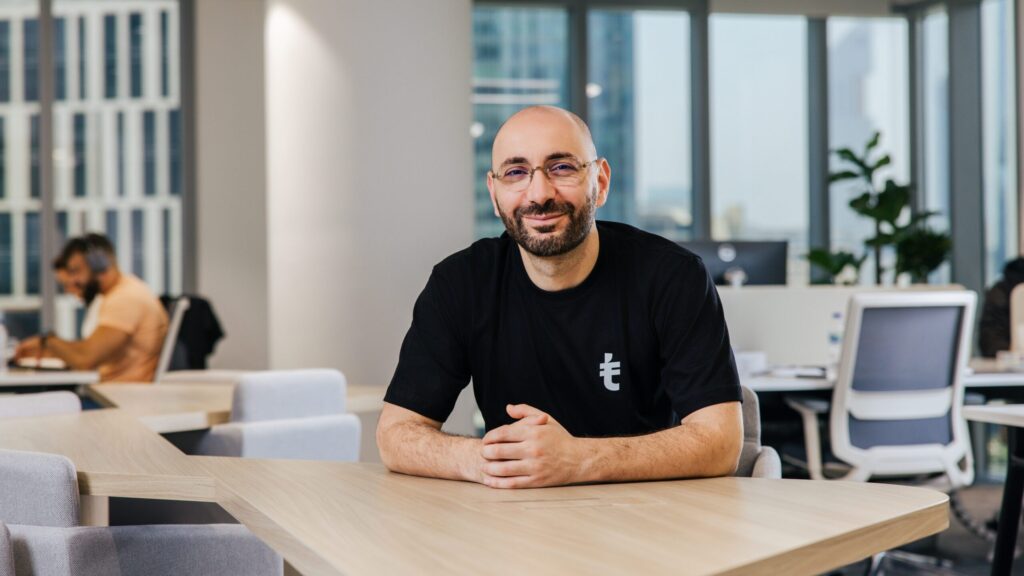Kitopi’s further out
Worries about international investors
Fintech company Tabby and cloud kitchen operator Kitopi are preparing to go public.
However they have warned about potentially limited share allocations to international investors and Gulf economic risks linked to oil prices being at a four-year low.
Dubai-based Tabby, a regional buy-now-pay-later platform, said global funds are reluctant to spend the time and energy on buying into initial public offerings in the Gulf because of limited share allocations.
“They’ve done the work, they’re sold on the story, they’re sold on the market, and then they get a sliver of supply,” Tabby CEO Hosam Arab said at the Capital Market Summit in Dubai this week.
“For them, it’s just not worth the work and not worth the effort. That is something we need to obviously address as we start to build out the book and figure out if we are bringing in some of these international investors.”
Tabby could look to sell shares to the public next year, Arab said.
Meanwhile Kitopi CEO and co-founder Mohamad Ballout said an IPO would be two to three years away, though macroeconomic conditions including oil price volatility in the wake of Donald Trump’s near-tripling of tariffs last month could shape the final timing.
“If markets continue to be as solid as they are now, that’s great,” Kitopi’s Ballout said.
But he added that if the oil price changes and things end up not performing as well, then this was “a good opportunity to double down and do more” to push out the IPO and instead rely on private funding cycles.
Global trade tensions and the oil price decline are a concern for Tabby, too, as they could weigh on consumer spending and credit performance, said Arab.
“That’s where we’re a bit more concerned – around a broader recession having an impact on consumer spend and credit performance for consumers in the markets we operate in,” Arab said.
Across the Atlantic, Swedish buy-now-pay-later platform Klarna delayed its IPO and planned listing on the New York Stock Exchange as global trade tensions caused the biggest global stockmarket swings since the Covid-19 pandemic and the 2008 financial crisis.
Klarna is financially backed by investors such as Abu Dhabi sovereign-wealth fund Mubadala, US venture company Sequoia Capital and the Canada Pension Plan Investment Board. It was targeting a valuation of $15 billion.
The delay in the IPO may ruffle some feathers in the Gulf around investing in fintech versus other, more traditional sectors, Arab said.
“What we see historically is mostly state-led, real estate [and] utilities [listings]” Arab said, adding that there has been very little growth in listings from the tech sector.
“[But] the advisors are saying the investors in the region are getting a lot more comfortable around the growth plays.”



